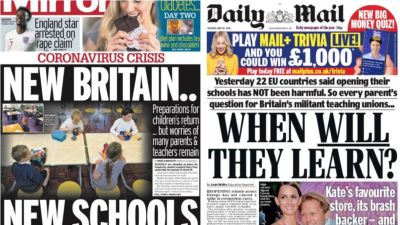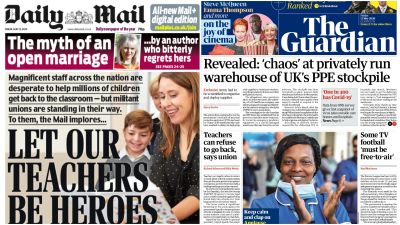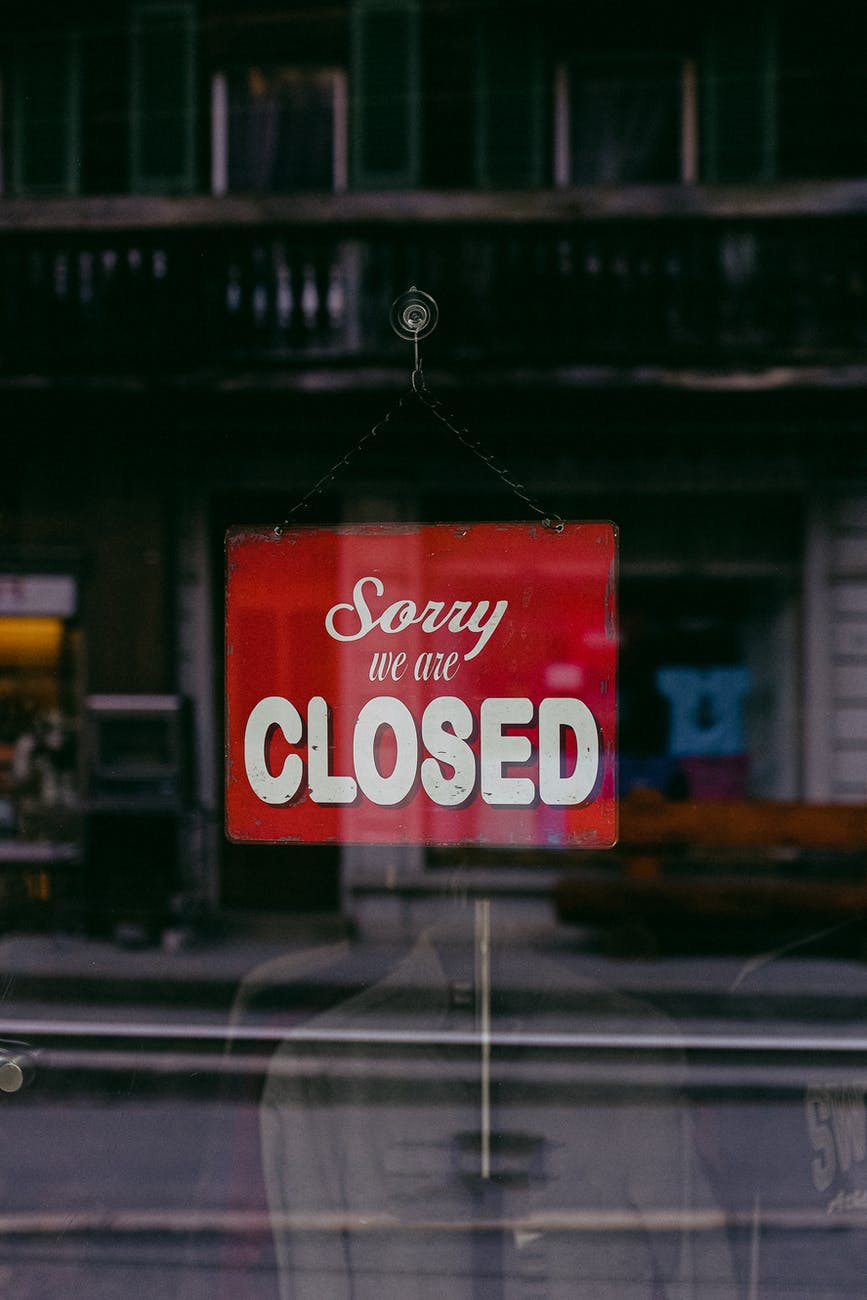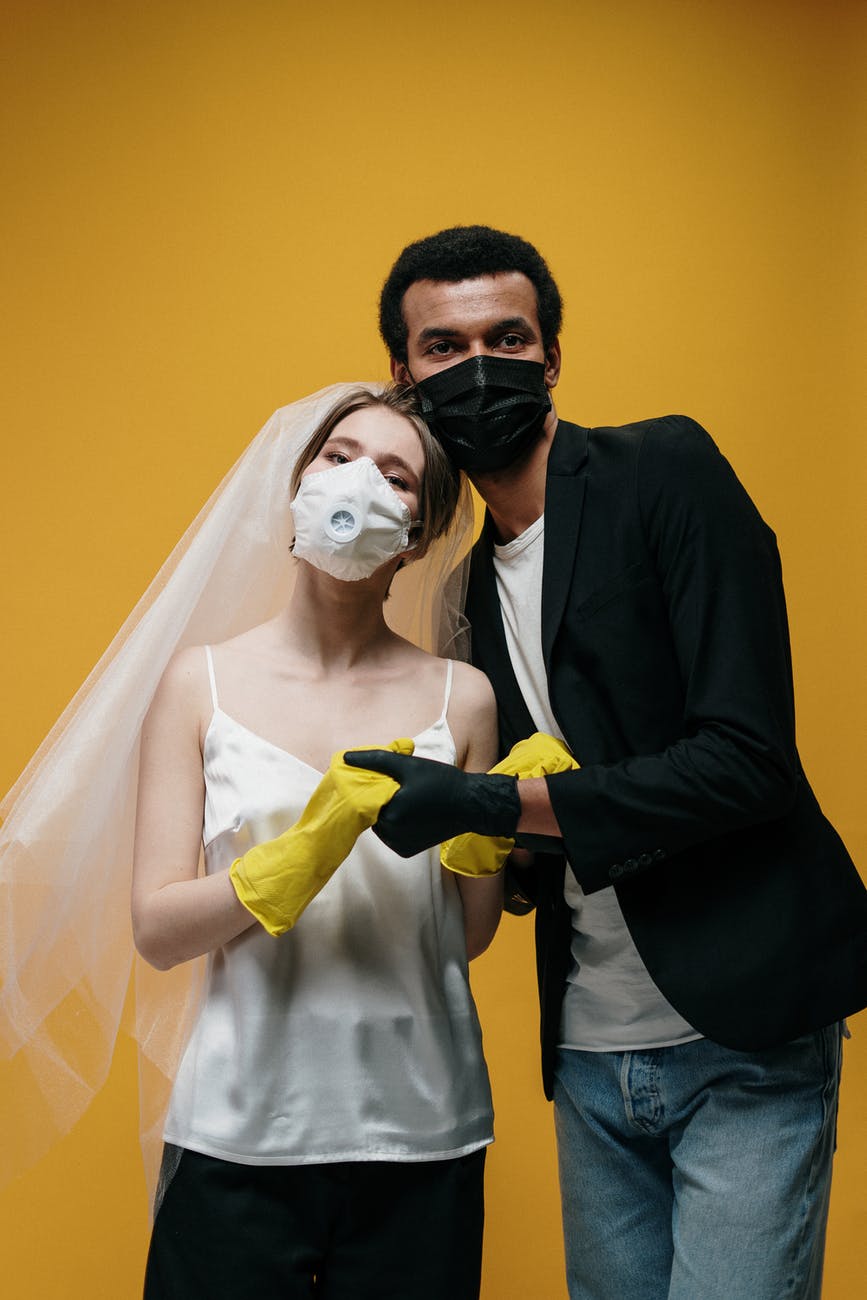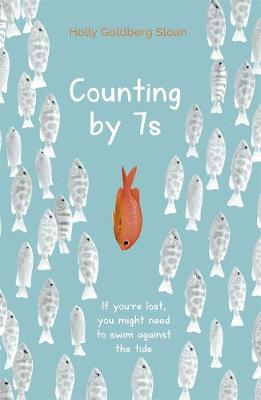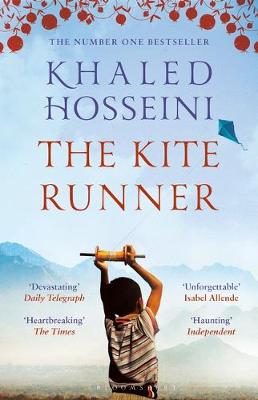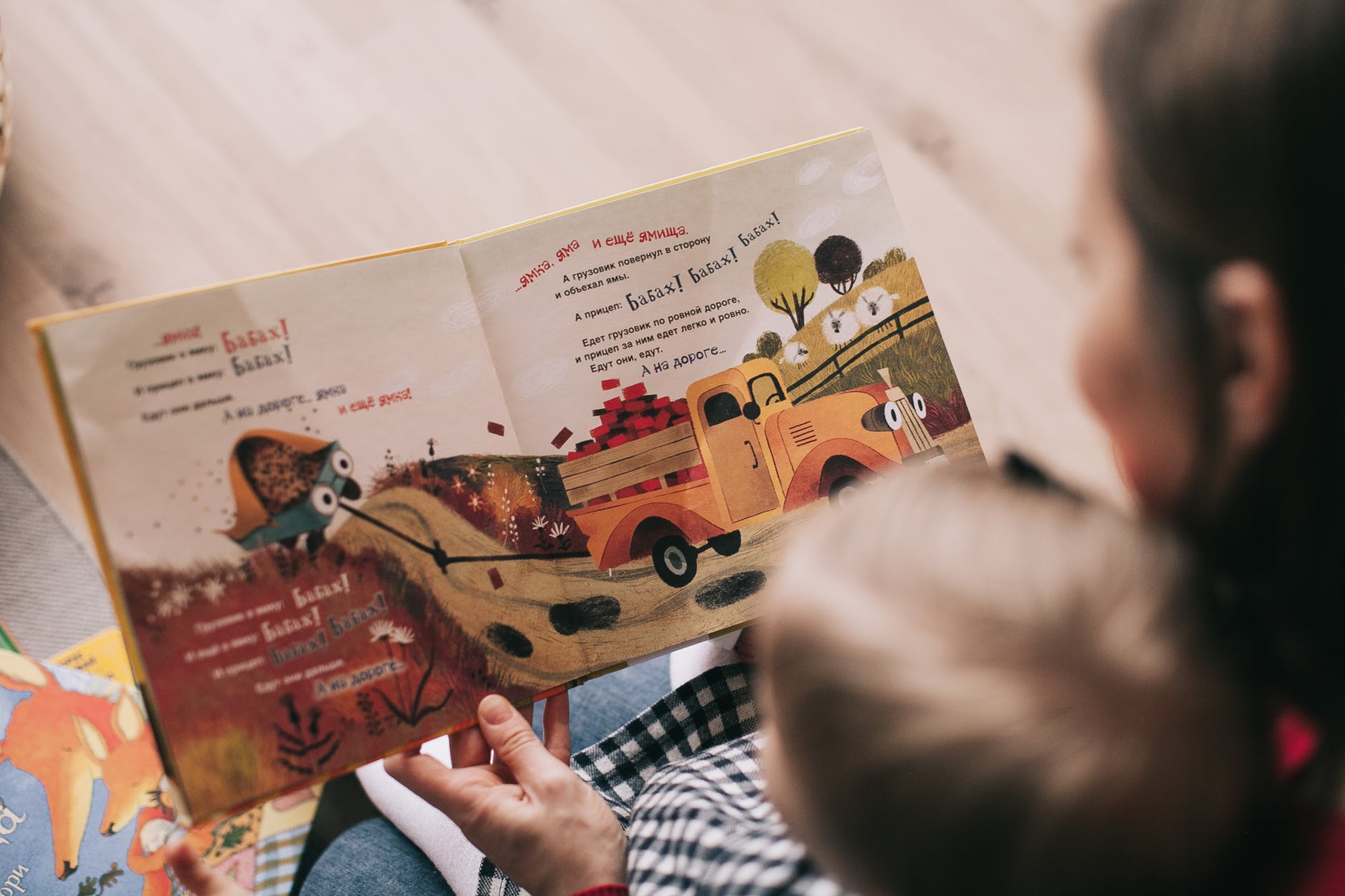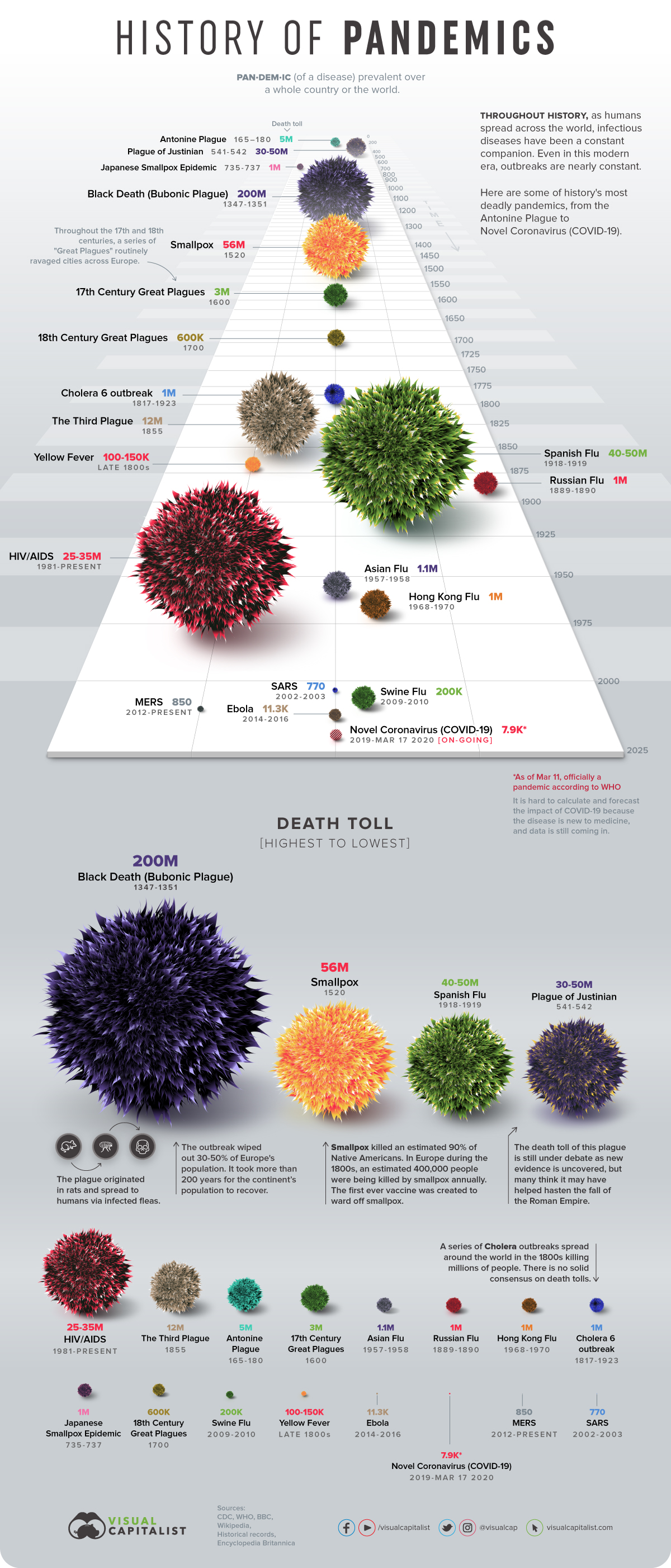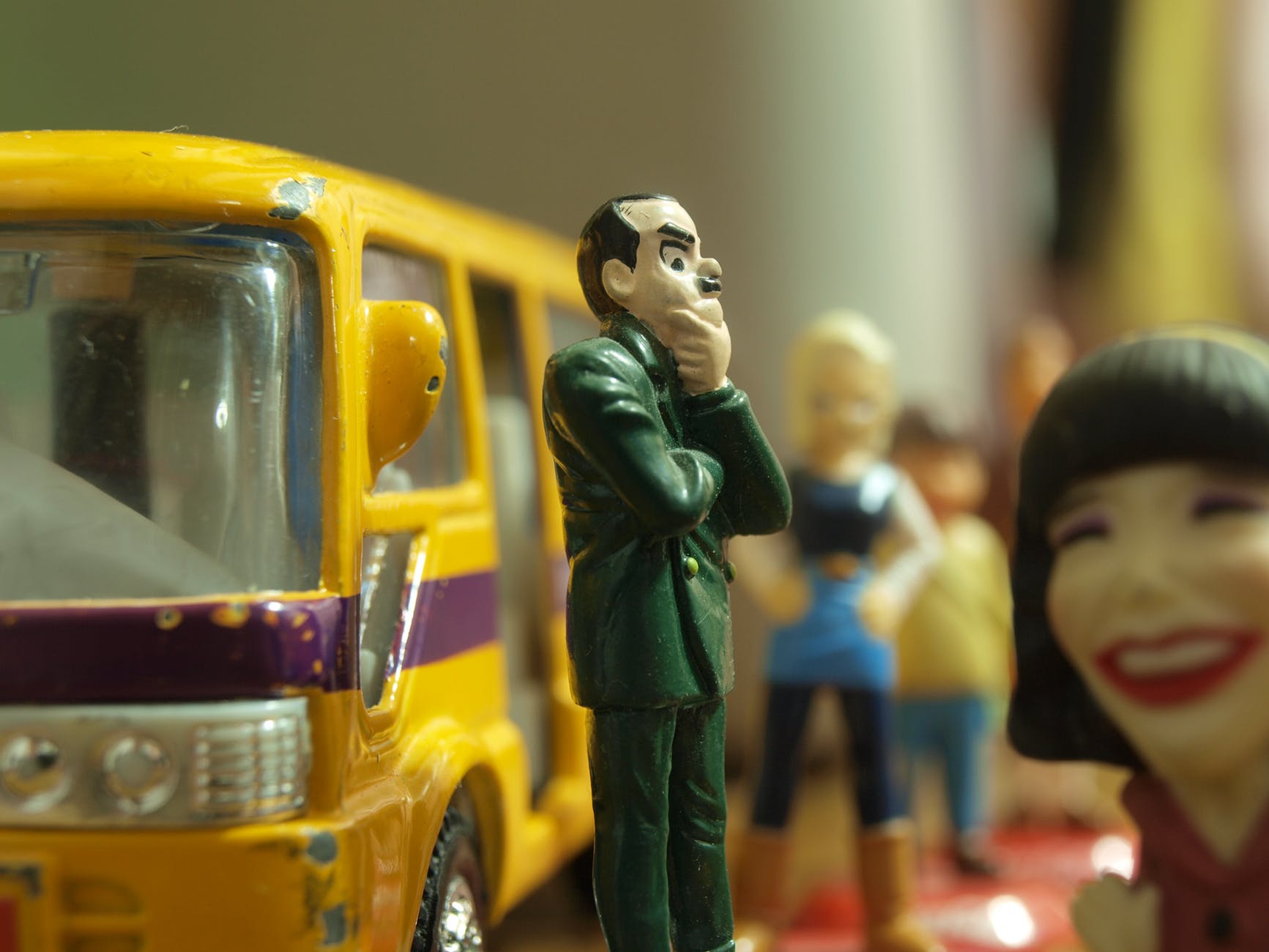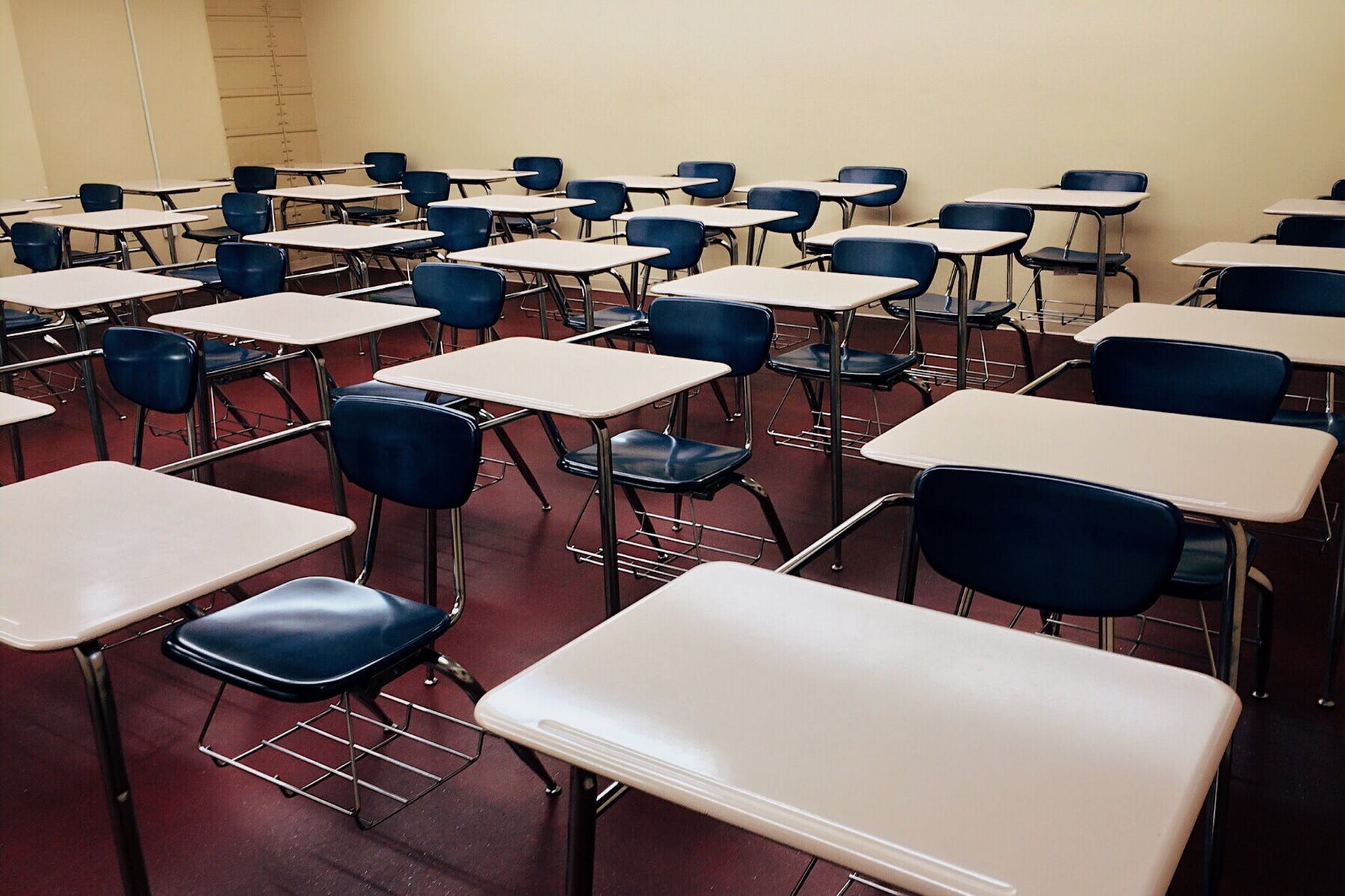Yesterday should have been a day of elation, celebration and recognition for students across the country. Instead, widespread chaos ensued following the Governments last minute decision to change the awarding process for exam results for A-Levels/BTECS.
This is my fourth year as an A Level teacher receiving results. Yet I have never felt so disheartened and emotional for my students as I do now.
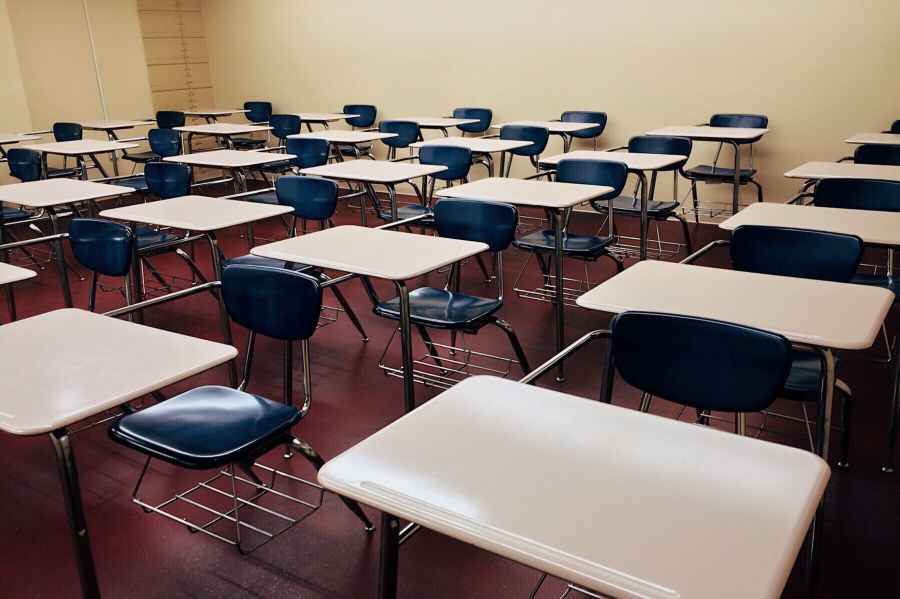
Due to COVID-19, school and college life has been thrown into disarray. Their routines and plans dashed, their social lives hindered and their futures uncertain. To make matters worse, they were bearing witness to the first modern pandemic, where the world watched as a silent killer tore its way across our planet.
In the weeks leading up to lockdown, I tirelessly provided resources for my A Level students to ensure they had what they needed for ‘remote learning’. Once we learned that examinations had been cancelled, there was even more confusion as to what we, as educators, or they, as students, should do next.
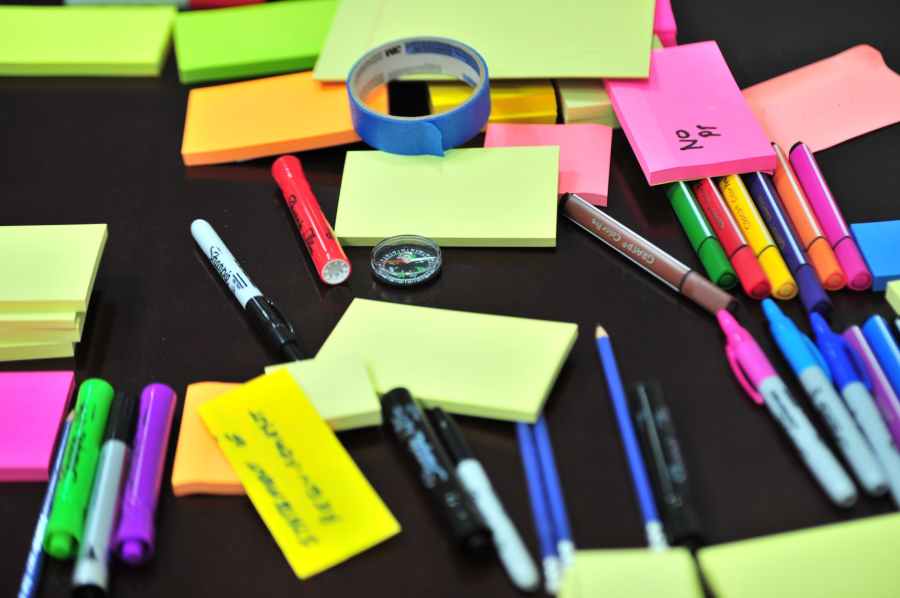
My Y13s suffered a stilted, premature goodbye without reassurance of a reunion. The final hoorahs of a prom, post-exam holiday and build up/relief following exams had been squashed. With tears, we said goodbye, unsure of when (if ever) we were to meet again.
My Y12s, already panicked by the realisation of losing three valuable months of learning (in which it is already difficult to cover the enormous content of the course), were being buried under masses of textbooks, booklets and papers to cover their learning at home.
This stress alone is enough for any seventeen/eighteen year old to endure, let alone having their futures and hopes left in the hands of job-secured government officials.
Once somewhat settled into the obscure routine of remote learning, teachers across the country were asked to provide their predictions for these students. We did. Gladly, although somewhat nervous about holding the key to their futures in our hands. But we know them. We have taught and worked with them. Who better to judge their progress, knowledge and deserving mark than those who have witnessed their journey?
Educators across the country waited in anticipation for the next updates. Daily scouring the news for any school-related information/guidance.
- We watched as the media belittled our careers and bashed us for being safe. Shutting the schools and working remotely in order to protect the students, staff and other workers.
- We worked just as hard, if not harder, adapting lessons, providing support, marking consistently, engaging with students and parents. Have you ever had a zoom call with 30+ 13 year olds? Or tried teaching Macbeth to 12 year olds through emails and computers?
- We provided services for children of key workers and vulnerable students. Working through half terms and holidays to provide childcare along with support, teaching, sport and activities.
- We observed, as again, the media slammed teachers for still having the summer holidays, not getting back into schools quickly enough and not taking government advice lying down.


As Thursday 13th August 2020 approached, parents, students and teachers waited with baited breath for the plans that the government and Ofqual had decided on.
Scottish results arrived and bombed. Educators in England watched as students were left distraught, disappointed and confused. What was our governments next move?
Two nights before results, we learned.
Enter the ‘triple-lock‘ measure. Students would receive a grade which had been estimated through Ofqual and DfE (taking into consideration the centre’s previous attainment and national acquisition of grades), they could instead take a mock grade if this was higher or instead take a grade from sitting the exam for that subject in the autumn.
As a teacher, I was not too worried – it sounded like a good plan. However, my naivety led me to believe that our government and other officials would trust my professional opinion and my predictions for my students.
They certainly did not.
On the day of results, I learned that four of my higher grades had been dashed – three lowered by two grades.
The hypocrisy was startling.
Where was their evidence to support this change or allocation of grade? Lord knows I’ve had to prepare mine for awarding it in the first place.
How can students be put up a grade on the bottom end and yet those at the top be penalised for achieving the best?
My first thoughts were:
- What can I do to help them?
- What if they think I gave them this grade?
- Have I prevented them from moving forward?
Amidst all of the confusion, the process for appealing was also less than straight-forward. I sat, disheartened, as I waited for guidance on what I could do.
If I felt let down by the system, how must they feel?
After watching the interview on This Morning with the Education Secretary Gavin Williamson, it reiterated the message that educators are not trusted.
The option to award the centre-assessed grades (those from teachers) would lead to “too many inconsistencies” which, in other words means, they believe we would have assigned them way beyond their potential.
To put this into a classroom metaphor, if one student misbehaves, should the whole class be punished for it?
Last year, in my A Level course, there was a discrepancy following the news that some centres had provided the texts in the exam (which they are not supposed to do). Following a rigorous investigation process where I had to click a button saying I did not give them the materials (intense – I know…), it was too risky to consider that some of the best grades achieved had not come from cheating in the exam. Therefore resulting in the entire cohort for that exam having their grades scrutinised and questioned if they had, honestly, worked for it.
What can be done now? How are those students, who have lost places, plans and prospects, going to be able to move forward? On what grounds are these decisions justified? Is it fair that the government has manipulated results to fit their statistics and previous years without the realisation of their individuality, a centres progress or the knowledge that the educators have?
All I can say for certain is that I am now even more concerned for next Thursday and the results that my Year 11s will receive.

